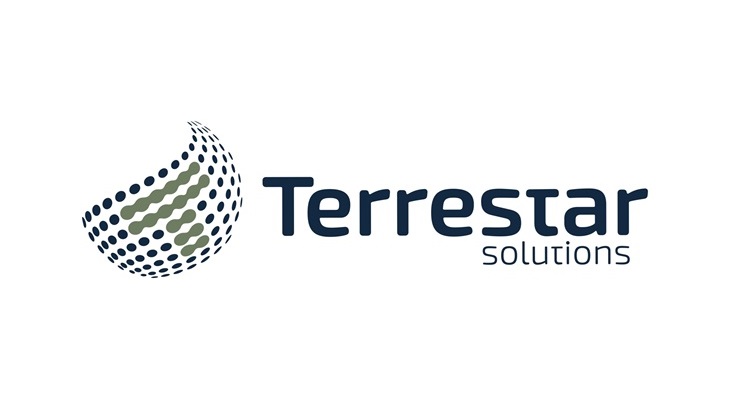
A day after Innovation, Science and Economic Development Canada (ISED) launched a consultation on a proposed new spectrum policy that would open up certain mobile spectrum bands for use by satellite service providers to expand wireless services in unserved areas of Canada, Montreal-based mobile satellite operator Terrestar Solutions is calling on the country’s regulators and industry stakeholders to support and collaborate on its rollout of a national direct-to-mobile satellite service network.
As part of its proposed new policy, ISED is considering issuing supplemental mobile coverage by satellite (SMCS) licences to both Canadian and foreign satellite operators seeking to provide SMCS in Canada.
“With over 75% of Canada’s landmass cut off from mobile communication, this untapped market has attracted the interest of international players, posing a threat to Canada’s national communications landscape,” reads a Terrestar Solutions press release Tuesday.
Emphasizing that it is the only Canadian mobile satellite service (MSS) operator engaged in the race to bring direct-to-mobile satellite services to smartphones and Internet of Things (IoT) devices, Terrestar says it is already in service and has the assets to deliver on its vision of making anywhere-in-Canada communication a reality.
“We continue to upgrade infrastructure to support 4G and 5G capabilities, enhancing our ability to facilitate direct-to-mobile satellite services and non-terrestrial networks,” Terrestar says.
“In addition, we are in the process of deploying a LEO constellation to support our multi-orbit strategy. This will bring quality service across Canada with significant implications for our national interests and defence.”
The benefits of seamless national connectivity go beyond communications, Terrestar says. “They include economic, social, healthcare, and public and personal safety. This connectivity will also accelerate our collective digital transformation and address the digital divide,” it says.
But in order to achieve this national seamless network, “we require support and collaboration from our regulators and industry stakeholders, particularly mobile network operators,” Terrestar says. “Together, we must build alternatives for both mobile operators and Canadian end-users. As well we must reduce our dependency on foreign service providers and ensure robust, homegrown solutions.”
“We must actively shape our new world with determination and collaboration,” said Jason Trembley, vice president of business development at Terrestar Solutions, who delivered a keynote address at the Canadian Telecom Summit in Toronto on Tuesday.
“The time for transformative action that serves all Canadians is now,” Trembley added. “The future depends on what we do today.”
As a founding member of the Mobile Satellite Services Association, Terrestar is also calling on global carriers and partners “to actively engage in the mobile satellite ecosystem to drive innovation and ensure interoperability.”
OEM collaboration is crucial for integrating satellite services into smartphones and advancing technological standards, Terrestar says, adding that strategic partnerships and strong regulatory frameworks are essential for sustainable growth and securing national interests.
Terrestar says several key assets distinguish it from its competitors, including its sole ownership of the Canadian capacity of the geostationary Echostar T1 satellite, as well as its S-band spectrum licences granted by the Canadian government, coupled with robust ground network infrastructure.
“Furthermore, Terrestar has forged strategic partnerships to pioneer an innovative, open network architecture platform, aligned with the internationally adopted 3GPP NTN standards, facilitating seamless integration between cellular and satellite networks.”
In October 2023, Terrestar and Vancouver-based telecom Telus conducted a two-way smartphone-to-satellite trial in collaboration with Mountain View, Calif.-based Skylo Technologies.
In April 2023, Rogers announced partnerships with U.S.-based SpaceX and Lynk Global to bring satellite-to-phone coverage to remote regions of Canada not served by its traditional wireless network. In December, Rogers and Lynk Global completed Canada’s first satellite-to-mobile phone call using Samsung S22 smartphones.


